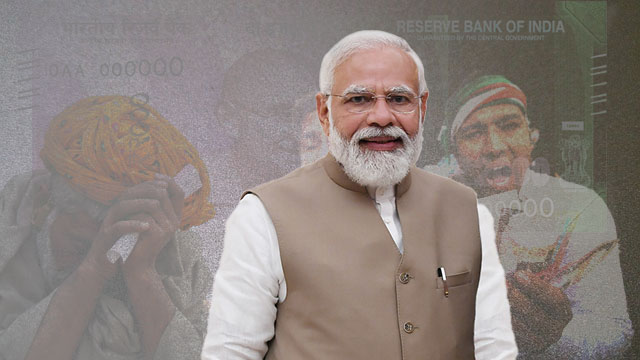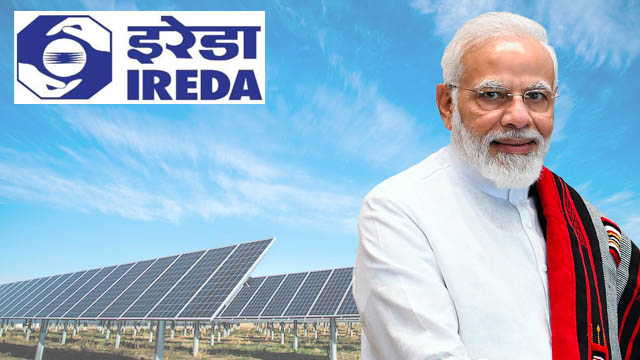The Bangladesh government has been facing a stiff challenge regarding power generation and supply, amid growing hostilities with powerful neighbour India following the ouster of former prime minister Sheikh Hasina-led Awami League regime. A threat of a severe power crisis in Bangladesh looms over the South Asian country as a lower supply of coal and the threats from a giant power corp—Adani Power—threaten its energy security.
After India’s port-to-power giant Adani Enterprises’ power supply wing Adani Power issued an ultimatum of terminating electricity supply to Bangladesh from November 7th, following mounting dues, the officials of the interim caretaker government of Mohammad Yunus have started showing urgency, claiming they will clear the arrears within the given timeframe.
“We are trying our best to accelerate the payment as our reserve is swelling… Now we are able to make international payments without digging into the main reserves,” Shafiqul Islam, the press secretary to Mr Yunus, told the press on Sunday.
Bangladesh’s total dues to Adani Power are estimated to be $850m, out of which the company has demanded at least $700m and a letter of credit for $170m to keep the power supply on post-November 7th. Earlier, Adani Power had given a deadline of October 31st. Since November 1st, Adani Power has reportedly halved its electricity supply to Bangladesh.
However, Mr Islam claimed that Bangladesh would pay Adani Power $700m to ensure power supply while blaming Ms Hasina’s regime for accumulating the dues over a long period.
While the Bangladeshi government has been claiming that it will repay the amount within the stipulated time, Indian media reports have been claiming that Dhaka has been facing a severe dollar crunch and hence can’t repay its dues without receiving any big ticket loan from western institutions.
Adani Enterprises, the conglomerate that owns Adani Power, is owned by Gautam Adani, who was once Asia’s richest man and is perceived as extremely close to Indian Prime Minister Narendra Modi. It’s alleged that his conglomerate has a very strong influence on India’s foreign and internal policies.
Adani Power’s threat of cutting the power supply to Bangladesh, which comes from its 1,600 megawatts (MW) ultra-supercritical power plant located in India’s eastern state of Jharkhand’s Godda district, has again resurfaced an old controversy over the power deal that Ms Hasina signed with Mr Adani’s company, which is one-sided, favours Adani Power and punishes Bangladesh.
The controversial deal, which Ms Hasina’s opponents blame on her pro-India tilt, allegedly goes against Bangladesh’s long-term interests and energy security, allowing too much coercive power to the Indian conglomerate. It has been claimed that both Ms Hasina and Mr Modi have provided an unprecedented opportunity to Mr Adani’s power generation company through the unequal agreement.
The power supplied by Adani Power doesn’t fuel Bangladesh’s industries but goes to the northern part of the country with very few industries and a sparse population.
Even though Adani Power doesn’t power Bangladesh’s critical sectors, it has halved its electricity supply to Bangladesh since November 1st. It has been supplying only 724MW of electricity against an installed capacity of 1,496 MW, keeping one of its 800MW plants idle.
In this scenario, other power projects, especially the Payra project built in collaboration with China and Rampal, have not held the government to ransom during the upheaval within the country, despite a genuine shortage of coal, the vital component of Bangladesh’s thermal power production.
Although Adani Power is the largest power supplier to Bangladesh, compared to Payra and Rampal, its coercive techniques and controversial past have already raised questions about the prospects of the company in Bangladesh. It has also caused problems for India’s long-term strategic interests in Bangladesh in the post-Hasina setup.
This attitude of Adani, which is allegedly backed by the Indian state, has stirred anti-India sentiments in Bangladesh, creating roadblocks on the way of normalising ties.
Moreover, it has also stirred anti-Adani sentiments in Kenya, where there has been a massive mass unrest against the controversial conglomerate’s entry.
It’s to be seen whether Bangladesh’s new government can rework the contract with Adani Power to make it favourable for Dhaka or if Adani holding Bangladesh to ransom will help intensify people’s discontent against the conglomerate in both Bangladesh and Kenya.







